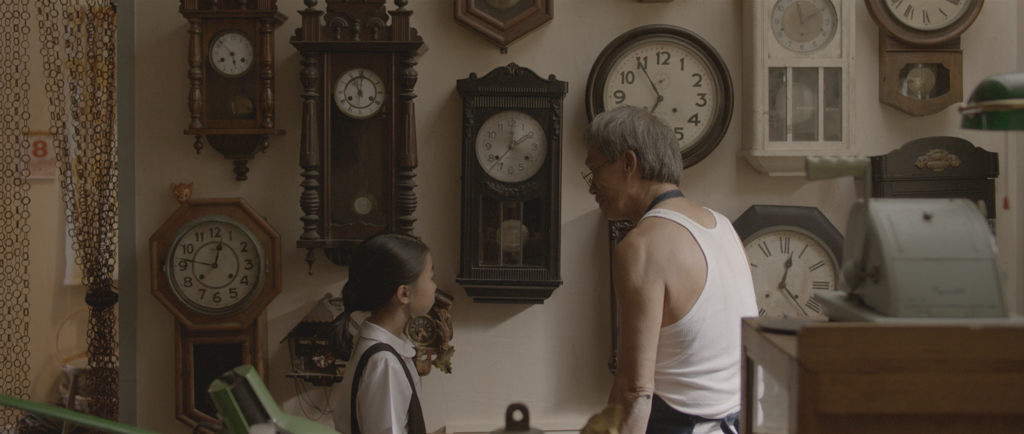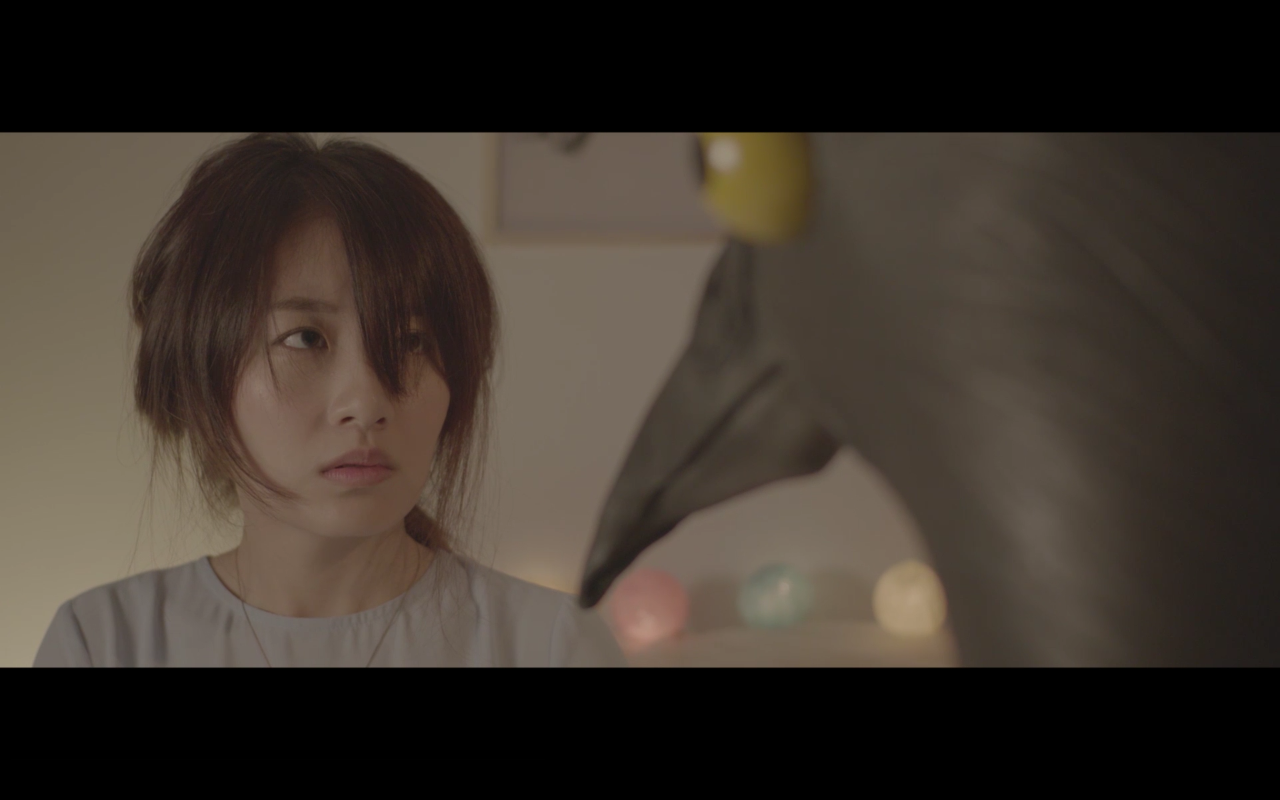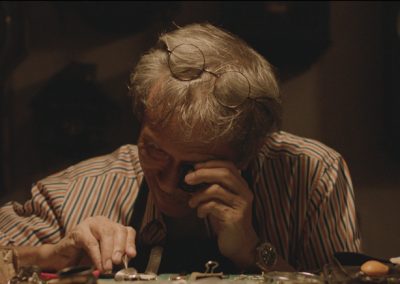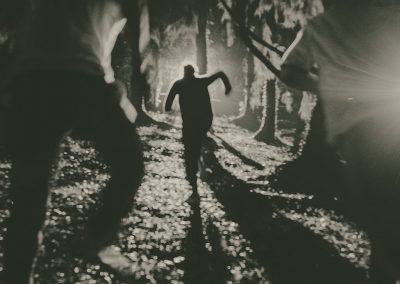Beaunice Toh


Beaunice is a curious seeker for all things. She always have a heartfelt interest to tell stories of characters, people and life through images – both still and moving. Her photography background had further honed her interest in the details of these images and art direction. Beaunice’s interest includes collecting old odd-jects of interest, food and the Arts.
Art Direction, Creative Direction, Digital Photography, Film
Share
Final Year Project(s)

Timekeeper (時 • 分) is a short film about the chanced meeting of Hock and Anna. Hock, a retired watchmaker, enjoys collecting obsolete objects because he treasures the value in them. When 11-year-old Anna visits Hock’s quirky shop house by surprise, an affinity is quickly formed between the pair as Hock reminisces and shares his past. Revisiting Hock’s memory lane, they discover about a memento that connects them together.

Boys Don’t Dance is a narrative film that both questions and celebrates the right of individuality in a conformist and homophobic society through the eyes of a queer boy named Ono.
Ono aspires to be a ballet dancer but it is quite impossible in his society. He is in love with one of his school’s athletes, Ryan, who is in love with him back but doesn’t want to be found out. One day, after getting beaten up by Ryan’s teammates, Ono falls into another world and meets a group of circus performers who show him that he can be whoever he wants to be.

Two’s A Crowd aims to address issues of social insecurity and self-expression. Singapore prides itself in being westernized city, yet our society still holds itself to traditional Asian concepts of group-oriented values and “face”. We are careful when expressing ourselves in daily situations – going against the majority means we risk ‘losing face’ and ‘losing popularity’.
Tracy is pretty, sweet and helpful towards all her friends; however, all this is just a façade, fabricated to gain social acceptance and popularity from her peers. One day, Tracy’s inner conscience appears as a manifestation of a lady in a crow mask, and starts getting in the way when Tracy finds herself in situations of moral conflict.
Through a simple, light-hearted approach of Tracy’s interactions with the Crow Woman and her experience in University, the film addresses fundamental questions: how far do we go or change ourselves to stay popular and accepted, and where do we place the line between social acceptance and self-acceptance?













